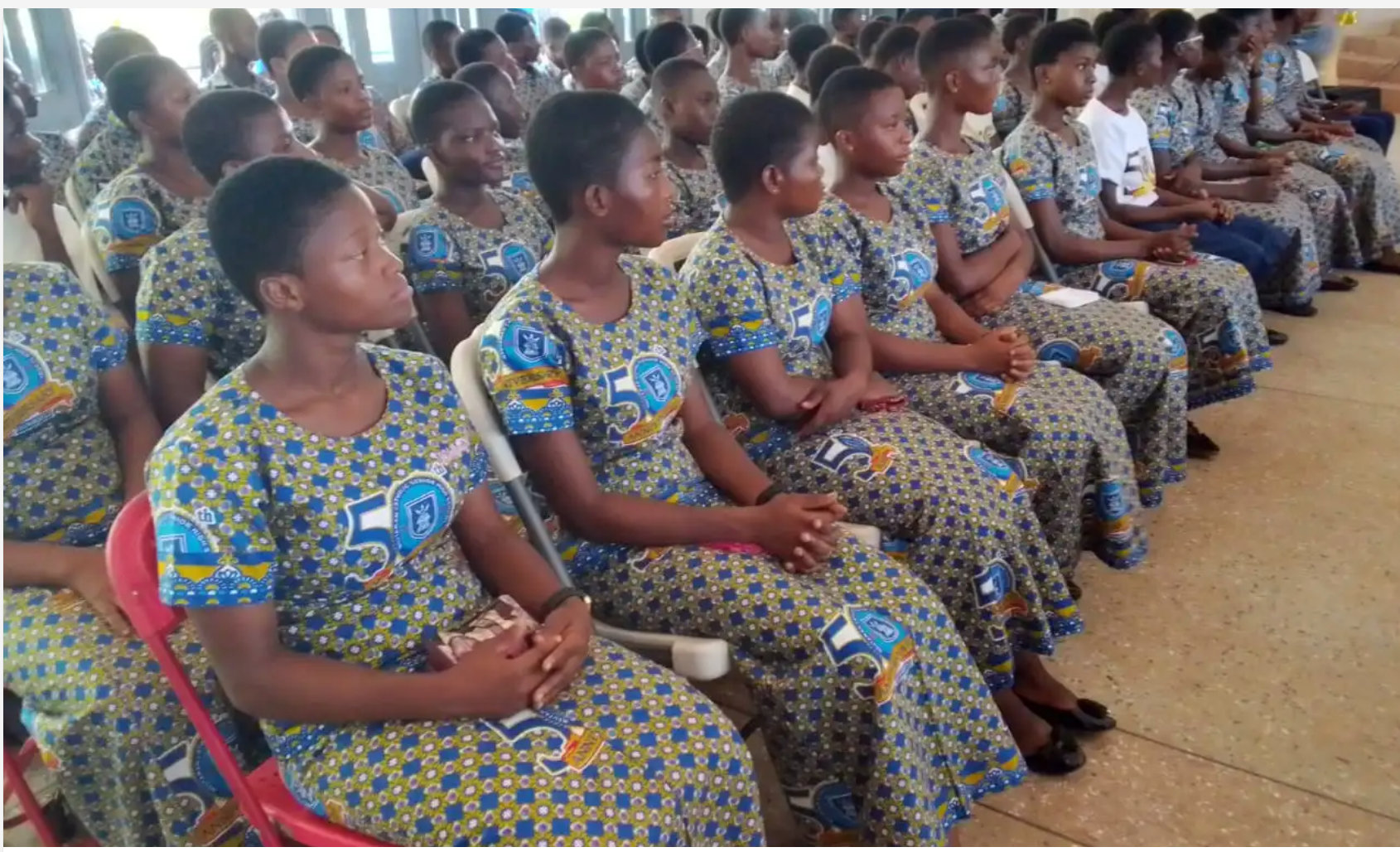Latest News
Latest News

In a world where distractions are only a click away, achieving productivity as a student can often feel like an uphill battle. Yet, maximizing time and efficiently managing resources is crucial for academic success. Developing strong productivity habits is even more essential for students in Ghana, where educational resources can sometimes be limited. Here are strategies to enhance productivity, enabling students to make the most out of their academic pursuits. Establish Clear Goals and Priorities Setting clear and achievable goals is the first step towards productivity. Students should outline what they want to accomplish in both the short term (such as preparing for an upcoming exam) and the long term (like gaining admission to a university). Objectives should be SMART: Specific, Measurable, Achievable, Relevant, and Time-bound. By setting priorities, students can focus on what truly matters, reducing time spent on less important tasks. Create a Structured Schedule Time management is pivotal. A well-structured schedule that allocates specific times for study, breaks, extracurricular activities, and rest can significantly increase efficiency. Students should use planners or digital apps to keep track of their daily tasks and deadlines. Importantly, consistency in following a schedule builds discipline and helps teach a routine that aligns with their circadian rhythms, enhancing cognitive functions during peak times. Leverage Technology With the digital age, numerous educational resources are available at one's fingertips. Students in Ghana can enhance their learning and productivity by using online platforms such as Khan Academy and Coursera or local sites like Ghana Learning TV. These resources offer tutorials and courses that can supplement school lessons and help understand complex topics. Moreover, apps designed to block distractions, track time, and organize study materials can also be invaluable. Engage in Active Learning Productivity isn't just about spending time on tasks; it's about how effectively that time is spent. Active learning techniques—such as summarizing information, teaching others, or applying knowledge to real-world situations—can help students retain information better and make studying more engaging. Techniques like the Feynman Technique, where students simplify concepts as if teaching someone else, can be particularly effective. Take Care of Physical and Mental Health A healthy body and mind are fundamental for high productivity. Students should ensure they get enough sleep, eat nutritious foods, and engage in regular physical activity. Mental health also plays a critical role; stress management techniques such as mindfulness, meditation, or simply relaxing and enjoying hobbies are vital. Students should not hesitate to seek support from counselors or mental health professionals if they feel overwhelmed. Connect with Mentors and Peers Building a support network can boost productivity by providing motivation and assistance. Mentors can guide students through academic choices and challenges, offering insights based on their experiences. Similarly, study groups with peers can provide emotional support and facilitate collaborative learning, making the process more efficient and less isolating. In conclusion, productivity as a student in Ghana requires a balanced approach that combines effective time management, technological resources, active learning, physical and mental health care, and the support of mentors and peers. By adopting these strategies, students can enhance their academic performance and pave the way for future success in their educational and professional endeavors.

New numbers are in, and they show that TikTok is a big deal for internet users in Ghana, especially students. A report from Statista shows that nearly 65 out of every 100 people using the internet are on TikTok, making it the third most popular social media app. So why are students spending so much time on TikTok? It's simple: the app is fun, making it easy to watch videos that feel like they're made just for you. Students can watch clips about the things they love, laugh at jokes, and see what other kids their age are up to. However, there's a downside to this seemingly harmless fun. TikTok's algorithm is designed to keep you hooked, constantly showing you videos that pique your interest. This can lead to a cycle of endless scrolling, making it difficult to prioritize other important tasks like homework or sleep. For students, this can pose a significant challenge, as hours spent on TikTok could be better utilized for studying or rest.
CATEGORIES



